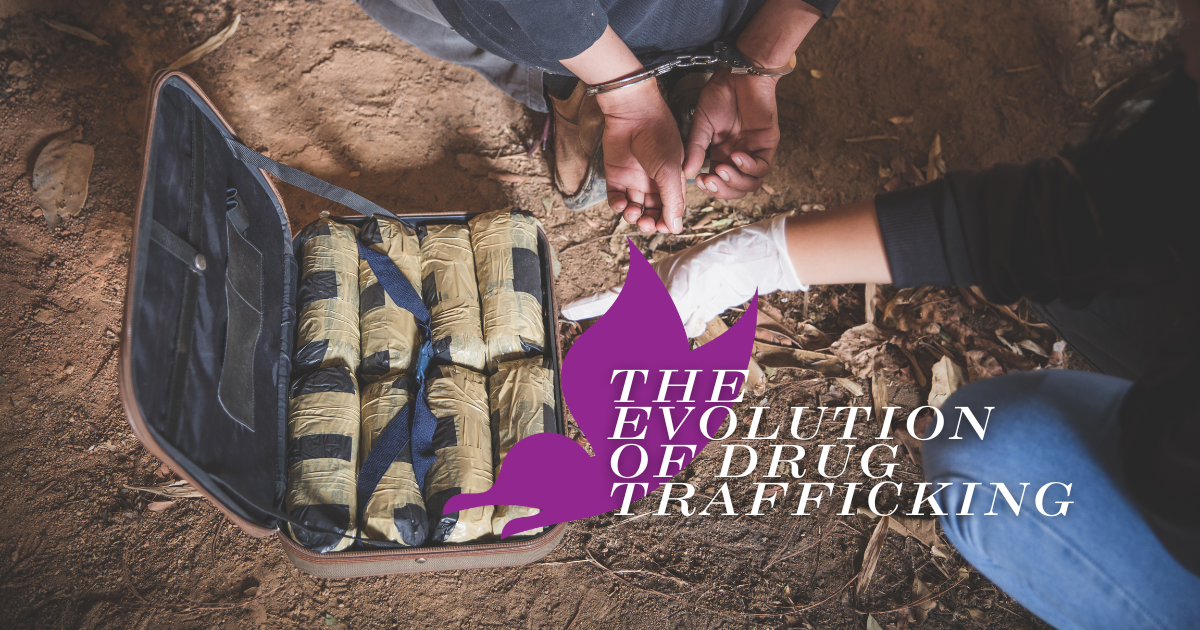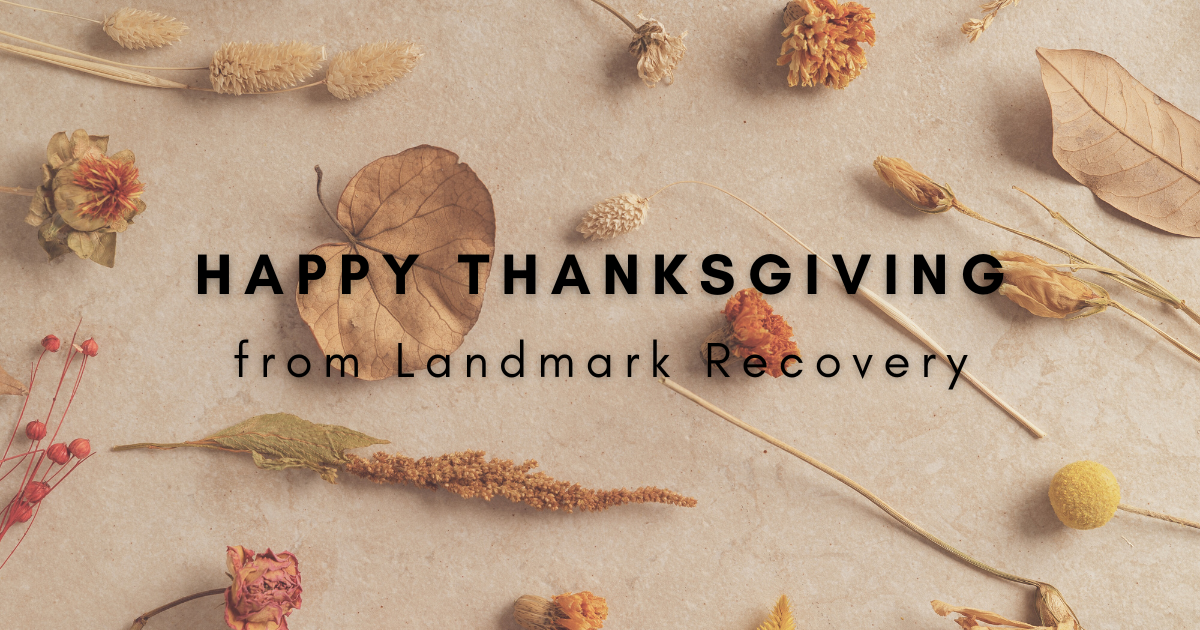Drug and alcohol rehabilitation doesn’t end the day you step out of your inpatient facility. For most people, the path of sobriety is a never-ending road that is with them their whole lives. Urges and cravings pop up and pass now and again and it is important in those moments to remember the reasons you got sober in the first place.
Sometimes maintaining sobriety can be hard, especially if you are around triggers like friends or family members who still use or drink. The problem can become even more challenging if some of those people don’t agree with your new lifestyle and may be enabling you to use again. When this is the case, it is good to surround yourself with a sober support network of like-minded people who can help you continue your fight to remain sober and provide support for you.
Creating a sober support network, whether it be friends, family, or even recovery coaches, is a great way to help maintain sobriety as you leave a residential treatment center and begin living more independently. However, meeting people who are sober, or who will actively encourage your sobriety may be difficult. Similarly, it may be just as hard to cut people out of your life who may be enabling you to use again. But, following through on these things is an important step in your new sober lifestyle.
Meeting Sober-Friendly People
Meeting friends wasn’t too much of a problem in high school or even college, but finding friends after school can sometimes prove to be difficult. Finding friends after school who will be there to support your sober lifestyle can be even more challenging. However, there are number of ways you can go about meeting new people that you can spend some quality, sober time with.
While it is nice to meet friends who are also sober and going through similar experiences and struggles that you are, having anyone on your side during the fight to stay sober is important. While you may have some family members or friends who still drink, as long as the triggers aren’t overwhelming and they are committed to your sobriety, it is still okay to have friends who aren’t sober. But it is always good to find some friends who are on the sober path as well.
Residential Treatment
One easy way to develop long-lasting sober friendships is to speak with the people that you meet through your time in residential treatment and to allow them into your support network. This is one of the simplest ways to build sober friendships because they are available to you right from the start and you will be encouraged to talk with them during group therapy sessions and other events.
Group therapy sessions will encourage patients to open up about their experiences with drugs. During this time, it allows you to get to know other patients who are being treated for similar problems. Opening up can help you bond with other patients and can help build a connection early on. Going through sobriety alone is hard, but going through the early stages of sobriety alone can be even more difficult.
Building that initial friendship during inpatient treatment is one thing, but maintaining that relationship and continuing to stay in contact after discharge may end up being difficult, but if you are dedicated to your sobriety, it is important to prioritize these types of connections in your support network.
Outpatient Care
Another way to meet and reach out to people during treatment is from outpatient treatment. During the first few months after leaving an inpatient facility, many treatment centers will give you the opportunity to have access to individual and group therapy sessions a few times a week while getting used to living independently. During this time you will still be around other newly sober individuals, giving you another opportunity to meet new people who are dealing with similar struggles as you.
Meeting people during outpatient treatment gives you a good chance to integrate these people into your new life. Leaving an inpatient facility and living on your own after is a big jump and is considered to be one of the more difficult times to stay sober and deal with pressures to use again. But, if you are able to meet some people that you can stay sober with, it can provide good motivation to remain sober.
Self-Help Groups
It’s hard to talk about building a sober support network without bringing up groups like Alcoholics Anonymous and Narcotics Anonymous. The 12-step programs are found in most large cities around the world and provide sober people, of all degrees, to find the social support and friendships they require to help maintain their sobriety. Many people can make lifelong friends from these types of groups. While these self-help groups may not be for everyone, they can be an effective way to meet new people who will encourage sobriety when you may need it.
Workshops and Development Retreats
There are a number of local workshops and development retreats that you can attend after you are living independently from treatment facilities. While some can be a bit pricey, others are more affordable, finding one that suits your needs best is key.
These retreats can cover multiple topics or activities like personal development or yoga, all of which will help you grow personally and will give you the opportunity to meet new people who can help you with your sober lifestyle.
These retreats normally take place over a course of a few days, or even a week. The events give you time to bond with others who have similar interests as you. Many people on these retreats will gain friends that can last a lifetime. Also, with the emergence of social media, it has become much easier to preserve these friendships.
Social Media
Besides meeting sober friends through standard ways like inpatient or outpatient treatment, technology gives us more modern ways to meet people who share similar goals and interests as us. One example of this is Instagram or Facebook, both of which give you the opportunity to connect with people locally and around the world.
Through posts and hashtags, it is easy to filter through the chaos and find what you are looking for specifically. Hashtags like #sober, #soberlife, and #soberliving, are all really popular among the sober community that posts to Instagram and Facebook. It is easy to reach out to people on Instagram by messaging them or commenting on their picture. However, even if you choose not to reach out, just following these hashtags can provide you with the motivation and support you need to help you along on your path to recovery.
Along with Facebook and Instagram, there are other social media outlets that provide a platform for sober living. For example, the news and social aggregation website, Reddit, has a forum dedicated to people who are sober. A support network gives people the opportunity to share their stories which can help motivate others.
Sober Grid
There is also one social media app that was made and tailored specifically for sober people, called Sober Grid. It is the world’s most popular mobile sober community with more than 150,000 registered users. The app allows people to connect with other sober adults in your neighborhood or in the global community as a whole.
“We started the company in 2015 because we saw a need for 24/7 connection,” said Chris Pesce, Chief Operating Officer of Sober Grid in an interview with Landmark.
“I’m in recovery, my co founders are in recovery, and we benefited from programs [with a focus] on peer support.”
However, with many peer support groups like NA and AA there are some barriers. For instance, they are not available around the clock, they are not in every geographic location, getting to these meetings can be difficult.
Sober Grid found a way around that.
“We saw that, through an app, we could remove those barriers and enable people to connect 24/7 to support one another. We’re certainly not a replacement for 12-step programs or other in person programs,” Pesce said. “We see ourselves as a compliment to those programs.”
Sober Grid is essentially Facebook for people who are sober. However, the app has specific features meant to aid in keeping someone from experiencing a relapse.
Along with just meeting other sober people and growing a support network, Sober Grid can provide people the immediate help they need if they are experiencing cravings or urges. One of their features is called “Burning Desire” in which users can select the button to notify others that they need help, like when they are experiencing an intense craving to use again.
“When someone is struggling, that phone often weighs a million pounds. It’s very difficult to reach out for support when you’re struggling. We created the ‘Burning Desire’ button to be, really, an SOS-type feature where someone can put out an alert to the community and then receive that flood of support,” Pesce said.
When someone makes a “Burning Desire” post, it makes the post red, highlights their profile in red, and sends out a push notification to other Sober Grid members nearby.
Talking with someone who is going through a similar path, can sometimes give you the motivation and strength you need to get through the early stages of recovery and can even help later in life when these urges pop up.
“For me getting sober, I didn’t do it be myself. I relied on the support of others and a community that understood what I was dealing with,” Pesce said.
Sober Grid also features access to peer recovery coaches that are constantly available. If you are experiencing urges or cravings, reaching out to one of these coaches can help you get over this period and help it pass. Peer coaches can help by sharing stories, setting goals, offering support, and monitoring progress. Their website says that they can also provide extra resources for jobs, housing, health care, education, and more.
MeetUp
There are also websites where you can plan to meet with people that have similar interests and goals as you. One of the most popular examples is Meetup.com. The website lets you choose some activities and interests you have and lets you meet up with like-minded people.
The have a specific group set up for meeting sober people, with over 27,000 members, and 164 groups all across the country. However, there are a number of other groups that you can find on the website, each with their own hobbies and activities they participate in, everything from yoga to coding. Meetup is a great way to be introduced to a new group of people, some of which may even help you with your sobriety.
Hobbies
Finding a new hobby that doesn’t include alcohol or drugs can be hard but trying different hobbies and getting out of your comfort zone is a great way to meet people and grow personally. Trying a new exercise like Crossfit, yoga, or rock climbing can also be effective ways to meet people and take your mind off of sobriety.
Besides exercise, there are also artistic hobbies that you can look into. For example, drawing, painting, and writing are all things that you can do to help you meet new people, they can also challenge you mentally and provide a distraction, allowing you to focus on something else other than cravings and urges you may be feeling.
There are hundred for possibilities, finding people who enjoy doing things that you enjoy is a good way to meet friends and stay on a sober path.
Cutting Problematic Relationships
While having friends or family that still use or drink does not necessarily guarantee a problem, if these people are not supportive with your new lifestyle, they may end up enabling you to start using again. If this is the case, it is probably time to leave that relationship in the past. Others who are still using might not like the changes in you and it may even make them feel rejected or guilty about their own behavior which could be the reason that they are not understanding of your new life.
Sometimes, when returning from a treatment center, you may not know how friends and family may react to your new life changes. Because of this, it may be important to prepare for a situation that may trigger a relapse. Knowing how to respond when offered drugs or alcohol after treatment is something that you will learn in treatment. However, the situation is still difficult, especially if they are a close friend or family member.
If you are around people and you get offered drugs or alcohol it is best to say no immediately and even suggest doing something else, like going to a movie or going on a walk. It also may be a good idea to not allow the conversation to remain on drugs.
Choosing your relationships and who you spend your time with more carefully is important for everyone, but a strong support network may be the difference between life and death for recovering drug or alcohol abusers.
In Conclusion
If you are getting out of alcohol or drug treatment, it may be a good time to reevaluate some of your social relationships. If given a positive influence, friends and family can be instrumental in helping you stay sober through a strong support network However, if they don’t agree with or a judgmental of your new lifestyle change, they may enable you to use again. Choosing these relationships wisely is important, and it may be beneficial to seek out new friends who are sober, friends who can help you stay on your own sober path. At Landmark Recovery, we have inpatient and outpatient facilities with knowledgeable staff who are dedicated to helping you get back to a healthy lifestyle. If you are interested in learning more about drug or alcohol treatment options, please reach out to our admissions team today.

Choose Recovery Over Addiction
We're here 24/7 to help you get the care you need to live life on your terms, without drugs or alcohol. Talk to our recovery specialists today and learn about our integrated treatment programs.





